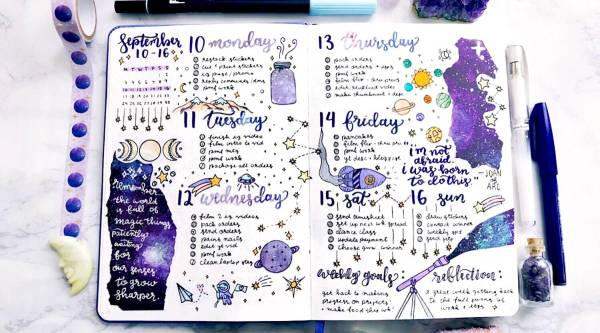Journaling is more than putting pen to paper; it’s a transformative practice that invites you to explore your thoughts, emotions, and experiences. Beyond a mere record, a journal is a trusted confidant, a canvas for creativity, and a mirror reflecting your inner self. Let’s embark on the art of journaling, unlocking its myriad benefits and discovering how this simple act can lead to profound self-discovery.
1. Choosing Your Journal:
Blank Pages or Guided Format: Decide whether you prefer a blank journal for freeform expression or a guided journal with prompts to inspire your writing.
Digital or Analog: Choose between a physical journal and the tactile experience of writing by hand or opt for digital platforms if you prefer the convenience of typing.
2. Setting the Mood:
Select a Quiet Space: Find a peaceful environment where you can concentrate without distractions. This could be a cozy corner in your home or a quiet outdoor spot.
Create a Ritual: Establish a journaling routine, whether it’s with your morning coffee, during a quiet evening, or as a reflective end to your day.
3. Expressive Techniques:
Free Writing: Let your thoughts flow freely without judgment. Write whatever comes to mind, allowing your pen to lead the way.
Prompted Journaling: Experiment with prompts to spark specific reflections. Consider questions like “What am I grateful for today?” or “What challenges did I overcome?”
Artistic Expression: Include sketches, doodles, or collage elements if visual expression enhances your journaling experience.
4. Themes and Focus:
Emotional Exploration: Delve into your emotions, exploring why you feel a certain way and identifying patterns in your responses.
Goal Setting: Set short-term and long-term goals. Journaling can be a powerful tool for tracking progress and celebrating achievements.

5. Reflecting on Experiences:
Daily Events: Record the events of your day, both significant and mundane. Reflect on how these experiences shape your thoughts and feelings.
Challenges and Solutions: Document challenges you encounter and brainstorm potential solutions. This process fosters problem-solving skills and resilience.
6. Gratitude Journaling:
Counting Blessings: Dedicate a section to gratitude, jotting down things you’re thankful for. This practice cultivates a positive mindset.
Reviewing Growth: Periodically review past entries to recognize personal growth and identify areas for further development.
7. Self-Reflection:
Deep Dive Questions: Pose deep, introspective questions to yourself. This could be about your values, fears, or dreams. Use your journal as a mirror to explore your inner landscape.
Self-Compassion: Practice self-compassion by acknowledging challenges without judgment. Your journal is a safe space to express vulnerability.
8. Benefits of Journaling:
Clarity and Focus: Journaling helps clarify your thoughts and focus your mind by putting abstract ideas into concrete words.
Stress Reduction: Expressing your thoughts on paper can alleviate stress and provide a sense of catharsis.
Enhanced Creativity: Creativity often flourishes in the pages of a journal. Use it as a canvas for brainstorming and ideation.
Improved Emotional Intelligence: Regularly exploring your emotions fosters a deeper understanding of yourself and others.
Journaling is a personal voyage, a continuous dialogue with yourself. It’s not about perfection but about the process of self-discovery. Allow your journal to be a witness to your journey, a repository of your dreams, fears, and triumphs. Embrace the art of journaling as a lifelong companion on your quest for self-awareness and personal growth.

